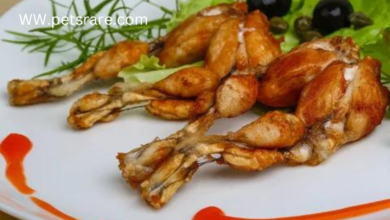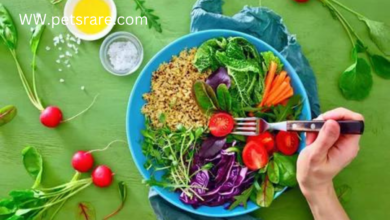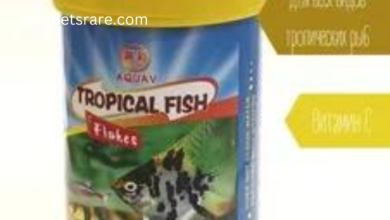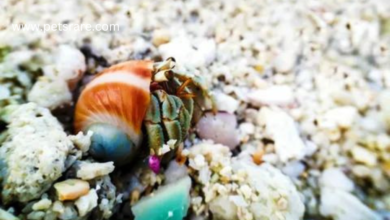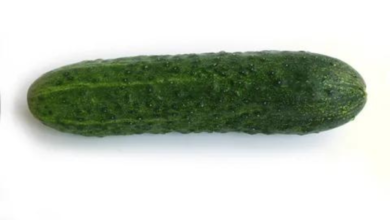Specialized Ant Nutrition: Feeding the Colony

Specialized
Specialized Ant Nutrition: Feeding the Colony
Introduction
Ants, as social insects, exhibit diverse dietary preferences based on their roles within the colony. From the queen to the worker ants, each species has specific nutritional requirements. Understanding these needs is essential to maintaining a thriving ant colony.

Queen’s Diet: Nurturing the Matriarch
- High Protein: Essential for egg production and colony growth.
- Energy rich foods: To maintain the queen’s metabolic needs.
- Royal Jelly: A special fluid produced by worker ants to feed the queen and larvae.
- Regular feeding: A constant supply of nutrients is vital to the health of the colony.
Worker Ant Nutrition: Fueling the Colony
- Differential Diet: Combination of proteins, carbohydrates and fats for energy and colony maintenance.
- Honey and Nectar: Provide quick energy for foraging and colony activities.
- Insects and Larvae: High protein sources for worker development and colony growth.
- Seeds and grains: Essential for carbohydrate intake.
- Water: Important for hydration and overall health.
Ant Larval Diet: Building Future Generations

More Protein: Protein is essential for growth and development.
- Royal Jelly: Provides essential nutrients for larval growth and caste determination.
- Continuous feeding: Larvae require frequent feeding for optimal development.
Table: Nutrition of ant species
| Ant Caste Basic Food Supplemental Requirements |
|—|—|—|
| Queen | High-Protein, Energy-Dense Foods Royal Jelly |
| Work a varied diet, including protein, carbohydrates, and fats
| Larva High Protein, Royal Jelly | Continuous feeding
Frequently Asked Questions About Ant Nutrition

*Can I give my ants sugar water?
*While ants love sugar, a balanced diet is essential. Serve sugar water in moderation.
What happens if ants don’t get enough protein?
- Protein deficiency can lead to slow growth, reduced egg production and weakened colony health.
*Can I feed my ants fruits and vegetables? - Some ants enjoy fruits and vegetables, but they should not be their primary food source.
How often should I feed my ants?
Feeding frequency depends on colony size and ant species. Observe your colony’s behavior for clues. Can I raise my own feeder bugs for my ants? - Breeding small insects such as fruit flies can be an easy and cheap way to provide food.
Result

Understanding the specific nutritional needs of different ant species is critical to maintaining a healthy and thriving colony. By providing a balanced and varied diet, you can help your ant colony grow, reproduce and overall well-being
